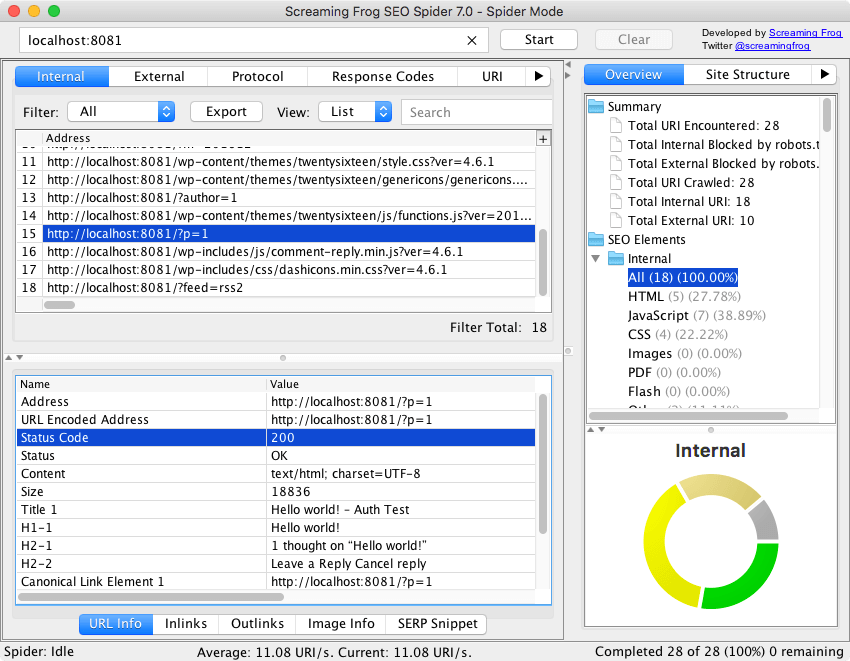Ihavethepassword V 38
Contents • • • • • v6.36rc13 and newer builds In v6.36rc13 and newer software builds The Dude no longer has separate user db. Starting with this build server relies on ROS users. To access your The Dude server you will have to have user that in it's user group have been configured with following policies: • Dude • Read • Write (optional) • FTP (optional) - Client will be able to access sever also without this policy checked, but some resources like images/mibs/etc wont load in this case) • Test (optional) - User will be able to run ping, traceroute, bandwith-test and see info in the device popup window. More details on Users and Group policies in RouterOS can be found in. V6.36rc12 and older builds The admin pane allows you to set up accounts that connect to The Dude server. Whatsapp Sniffer Without Rooting. The accounts can have different kinds of permissions depending on which user group they belong to.

A Wikipedia sign in form requesting a and password A password is a or of used for user to prove identity or to gain access to a resource (example: an is a type of password), which is to be kept from those not allowed access. The use of passwords is known to be ancient. Sentries would challenge those wishing to enter an area or approaching it to supply a password or watchword, and would only allow a person or group to pass if they knew the password. In modern times, and passwords are commonly used by people during a process that to protected computer,, decoders, (ATMs), etc. A typical has passwords for many purposes: logging into accounts, retrieving, accessing applications, databases, networks, web sites, and even reading the morning newspaper online.
Despite the name, there is no need for passwords to be actual words; indeed passwords which are not actual words may be harder to guess, a desirable property. Some passwords are formed from multiple words and may more accurately be called a.
The terms passcode and passkey are sometimes used when the secret information is purely numeric, such as the (PIN) commonly used for access. Passwords are generally short enough to be easily and typed. Most organizations specify a that sets requirements for the composition and usage of passwords, typically dictating minimum length, required categories (e.g.
Upper and lower case, numbers, and special characters), prohibited elements (e.g. Own name, date of birth, address, telephone number). Some governments have national authentication frameworks that define requirements for user authentication to government services, including requirements for passwords. Contents • • • • • • • • • • • • • • • • • • • • • • • • • • • History Passwords or watchwords have been used since ancient times. Main article: Attempting to crack passwords by trying as many possibilities as time and money permit is a. A related method, rather more efficient in most cases, is a. In a dictionary attack, all words in one or more dictionaries are tested.
How to hack windows 8 password without any software, This is just for education purposes. If u like,kindly subscribe to my channel.
Lists of common passwords are also typically tested. Is the likelihood that a password cannot be guessed or discovered, and varies with the attack algorithm used. Cryptologists and computer scientists often refer to the strength or 'hardness' in terms of. Of Pc Miler more.
Passwords easily discovered are termed weak or vulnerable; passwords very difficult or impossible to discover are considered strong. There are several programs available for password attack (or even auditing and recovery by systems personnel) such as,, and; some of which use password design vulnerabilities (as found in the Microsoft LANManager system) to increase efficiency. These programs are sometimes used by system administrators to detect weak passwords proposed by users. Studies of production computer systems have consistently shown that a large fraction of all user-chosen passwords are readily guessed automatically. For example, Columbia University found 22% of user passwords could be recovered with little effort. According to, examining data from a 2006 attack, 55% of passwords would be crackable in 8 hours using a commercially available Password Recovery Toolkit capable of testing 200,000 passwords per second in 2006.
He also reported that the single most common password was password1, confirming yet again the general lack of informed care in choosing passwords among users. (He nevertheless maintained, based on these data, that the general quality of passwords has improved over the years—for example, average length was up to eight characters from under seven in previous surveys, and less than 4% were dictionary words. ) Incidents • On July 16, 1998, reported an incident where an attacker had found 186,126 encrypted passwords.
Comments are closed.